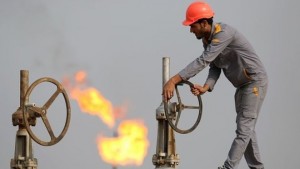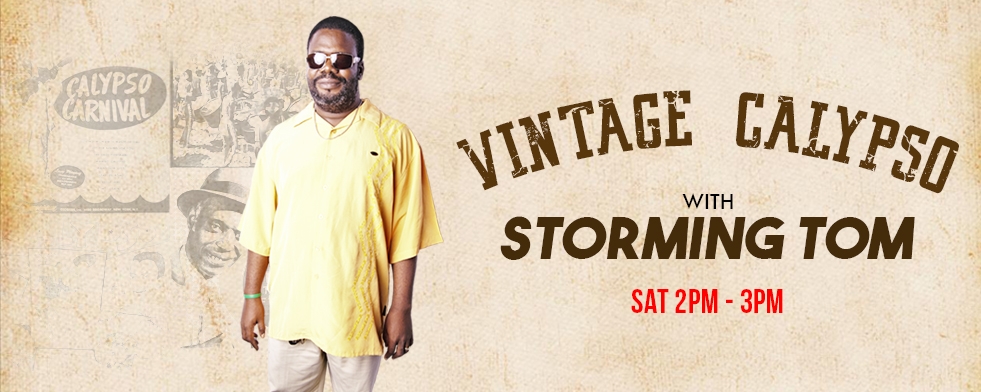 Brent crude sank by 4.2% to $34.88 a barrel, surpassing its late December fall, and taking the price to its lowest level since 1 July 2004. The price of US crude dropped 3.3% to $34.77 a barrel.
Brent crude sank by 4.2% to $34.88 a barrel, surpassing its late December fall, and taking the price to its lowest level since 1 July 2004. The price of US crude dropped 3.3% to $34.77 a barrel.
The sharp falls followed a short-lived rally on Monday after Saudi Arabia broke diplomatic ties with Iran.
Analysts said fears over the worsening relations between Saudi Arabia and Iran, which had initially raised concerns about possible supply disruptions and boosted the oil price, had now been overtaken by pessimism over oil cartel Opec ever agreeing on a production ceiling.
Historically, Opec has cut production to support prices. But led by Saudi Arabia, by far the group’s most powerful member, the group has resolutely refused to trim supply this time.
Rising tensions over Saudi Arabia’s execution of Shia cleric Sheikh Nimr al-Nimr mean that any agreement is now deemed less likely than ever.
“With relations between Opec kingpins Saudi Arabia and Iran at a historic low point, it solidifies an already unlikely scenario that Opec might cut output,” said Barclays analyst Alia Moubayed.
Since mid-2014, oil prices have slumped 70% mainly because of oversupply. This in turn is largely due to US shale oil flooding the market.
At the same time, demand has fallen because of a slowdown in economic growth in China and Europe.
Iranian oil exports are also expected to rise later this year once Western sanctions against Tehran for its nuclear programme are lifted, increasing the oversupply of oil.
Opec is hoping that refusing to cut production will help to drive US shale producers out of business, believing that they will fall victim to lower prices long before its own members, and has forecast that prices will recover to $70 a barrel by 2020.
Goldman Sachs has warned that oil prices could go as low a $20 a barrel, but most analysts are expecting the price to stabilise in the second half of the year as supply from non-Opec nations slows and demand remains relatively robust.
(BBC)





 LATEST ON
LATEST ON
Tweets by @i955fmTWITTER
FACEBOOK
This message is only visible to admins.
Problem displaying Facebook posts.
Click to show error